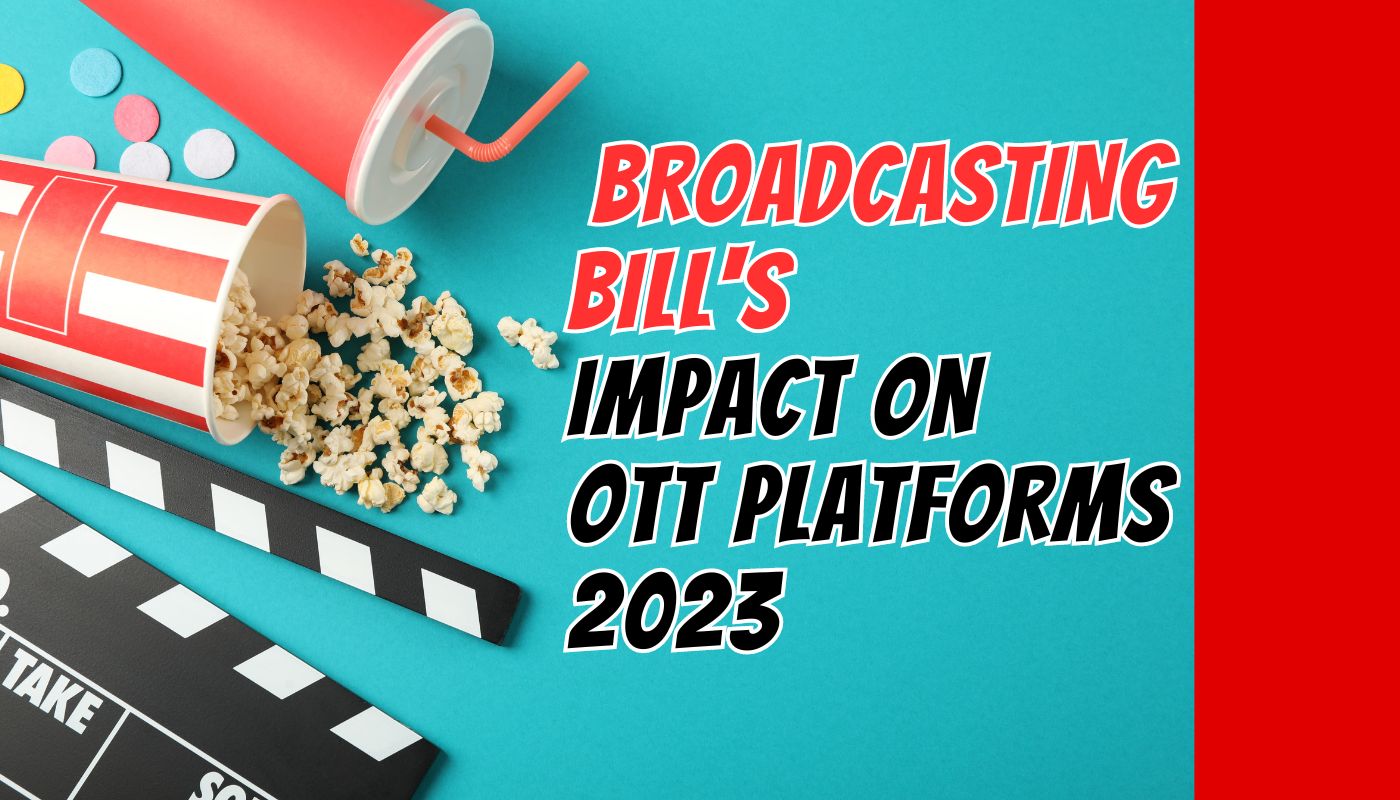MUMBAI: Global music piracy costs the United States $12.5 billion in economic output and more than 71,060 jobs annually, according to a new study. Output includes revenue and related measures of economic performance.
As a result of sound recording piracy, the US economy loses 71,060 jobs. Of this amount, 26,860 jobs would have been added in the sound recording industry or in downstream retail industries, while 44,200 jobs would have been added in other US industries.
The Institute for Policy Innovation’s (IPI) report said that US workers lose $2.7 billion in earnings to music piracy. Of this total, $1.1 billion would have been earned by workers in the sound recording industry or in downstream retail industries while $1.6 billion would have been earned by workers in other US industries.
As a consequence of piracy, US federal, state and local governments lose a minimum of $422 million in tax revenues annually. Of this amount, $291 million represents lost personal income taxes while $131 million is lost corporate income and production taxes.
As policy makers turn their attention to the viability of the US economy in the global marketplace, it seems obvious that the problem of music piracy should be afforded a high place on the policy agenda in coming years.
In order to alert policy makers to the magnitude of these ripple effects, the study estimates the true impact of piracy in the sound recording industry on the overall US economy. Using the RIMS II mathematical model maintained by the US Bureau of Economic Analysis (BEA), this study estimates the impact of piracy in the sound recording business on the US economy as a whole. The effects of music piracy on the US economy are quantified in terms of lost economic output, jobs, employee earnings and tax revenue.
The true cost of sound recording piracy far exceeds its impact on US producers and distributors of sound recordings. Piracy harms not only the owners of intellectual property but also US consumers and taxpayers.



